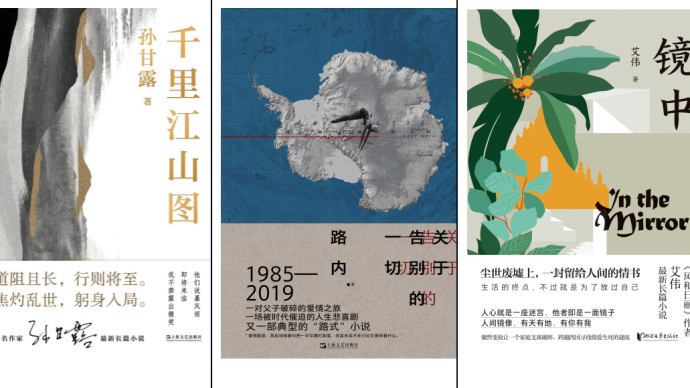
In April and May, when Shanghai citizens were quarantined at home, many original novels in Chinese were published. Among them, there are boundless imaginations extending from the depths of history, as well as contemporary "crime and punishment" that reach people's hearts; there are emotions and people's hearts swaying under the changes of the times, and there are eternal details of life. With the gradual recovery of logistics, these temporarily "missed" novels can also reach readers as soon as possible.
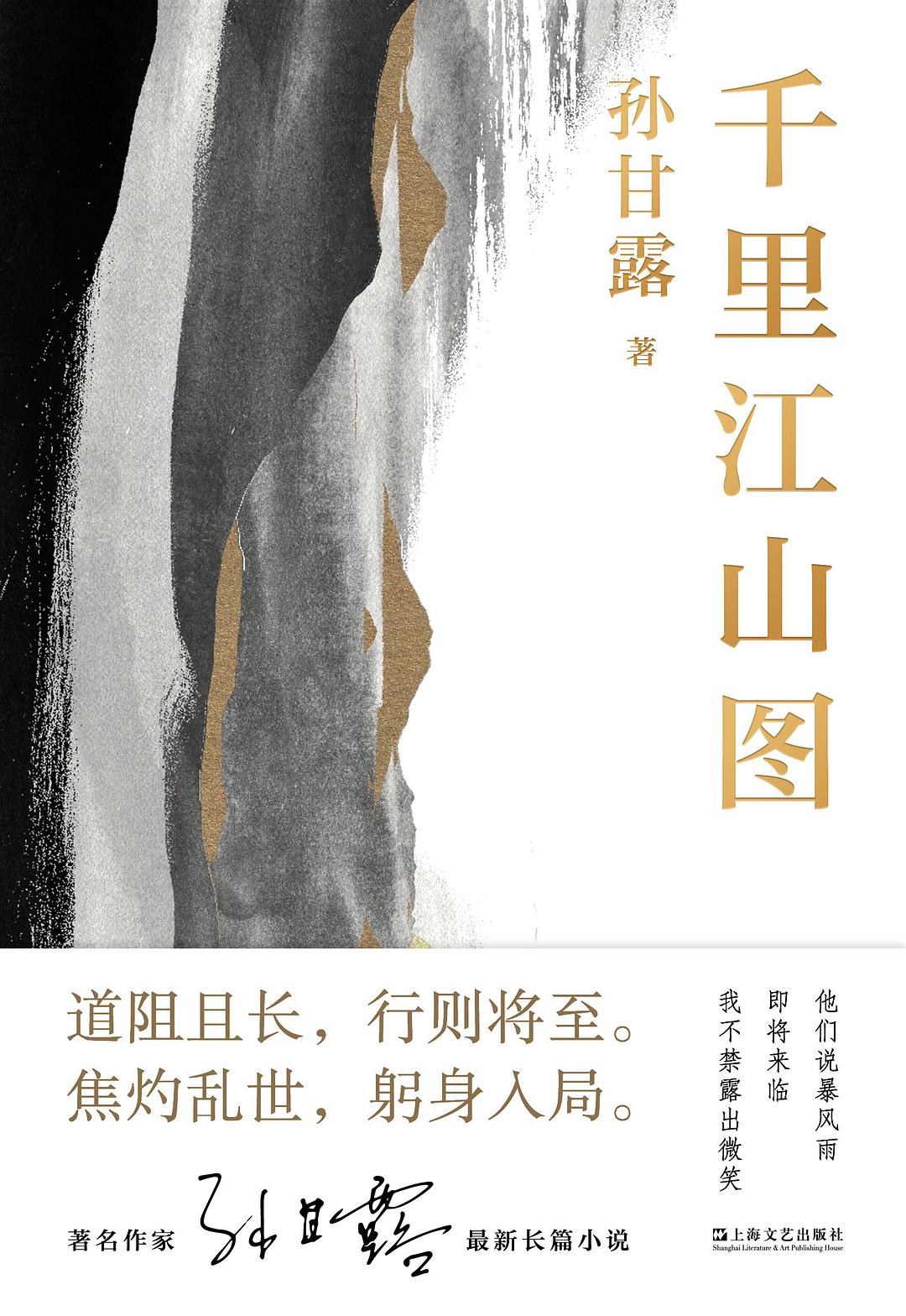
Introduction: The novel "A Thousand Miles of Rivers and Mountains" is the breakthrough work of the novelist Sun Ganlu, and it has attracted great attention since the pre-sale started in early May. Many writers and scholars have given high evaluations, believing that this new work is a work that elevates the contemporary theme narrative to a new literary height. The novel takes the city life of the 1930s as the background, and tells a thrilling story of light and dark: On the fifteenth day of the twelfth lunar month in 1933, a secret meeting of a temporary action team was suddenly rushed, and half of the participants were arrested. A man named Chen Qianli was ordered to continue the implementation of the top-secret intelligence plan, and launched a pre-publicized diversion battle under the watchful eyes of the public.

Introduction: "Everything About Farewell" is a typical "road novel" and a novel about "love" under the changing times. The timeline of the story extends from 1985 to 2019, and tells the story of a father and son's love that ends with farewell in different eras. The protagonist of the novel, Li Bai, is an out-of-date writer who has had more than a dozen relationships. His mother eloped with someone when he was ten years old and didn't know where he was going. His father, Li Zhongcheng, was a former deputy director of an agricultural machinery factory, a hero in fighting fires, and a future Alzheimer's patient. The story begins with the reunion of Li Bai and his first love in 2018, and the reunion is like a car accident on a one-way street, making the past "rear-end one after another".
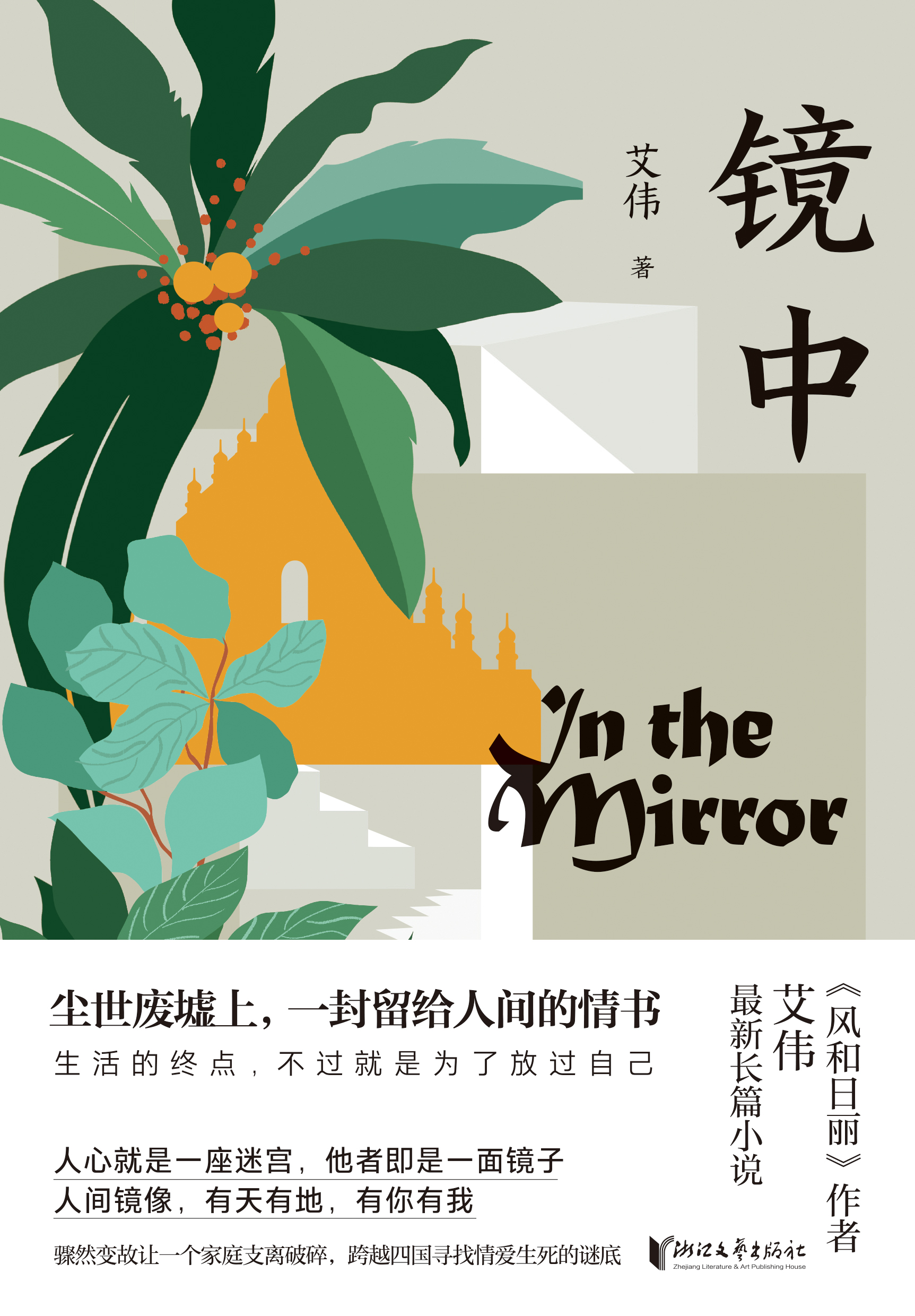
Introduction: "In the Mirror" is Ai Wei's latest novel. It tells the story of an architectural designer with high international reputation who rethinks the meaning of life and seeks his own redemption after experiencing the life changes of his wife and children. The background of the novel travels through the four countries of China, Myanmar, the United States and Japan, weaving a mysterious web of love and hatred and many doubts. journey of.
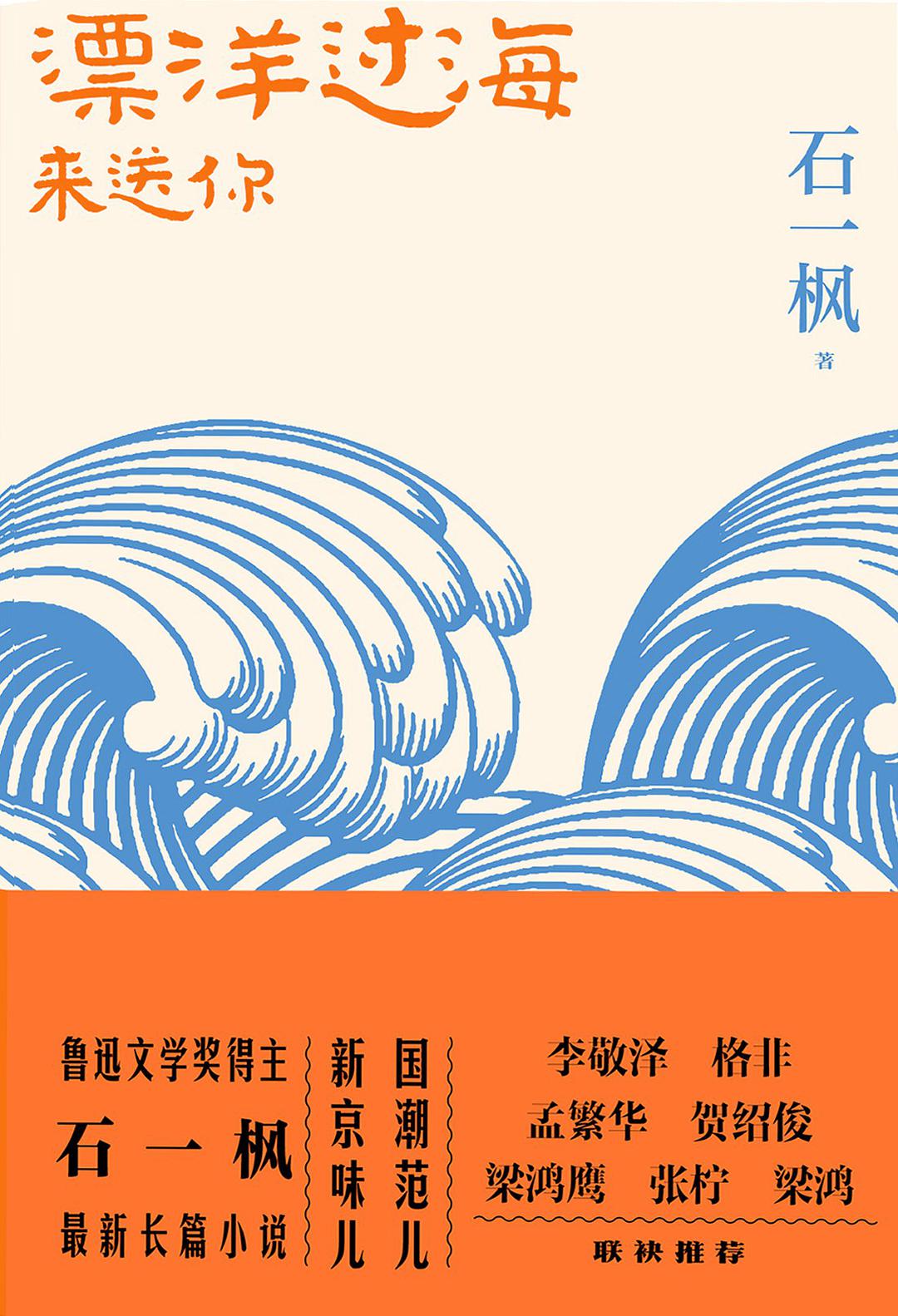
Introduction: "Crossing the Ocean to Send You" is Shi Yifeng's latest novel, and it is also the first time he writes about Beijingers in Hutongs, and about Hutong life in the sense of traditional Beijing-style literature. The novel tells the story of three families "holding the wrong urn". One was from Beijing Hutong, and the deceased grandfather was an authentic old Beijing; one was in the upper class, and the deceased old lady was an old revolutionary, but her son who could make money went to the United States with his grandson; Hu, an overseas laborer, hopes to one day return to his hometown. The grandson Nadou, surnamed grandpa, had a deep relationship with grandpa. He wanted to exchange his grandfather's urn no matter what, so he went across the ocean to the United States. After all kinds of experiences, he heard the stories behind the other two urns. And finally let the deceased return to where they were going.
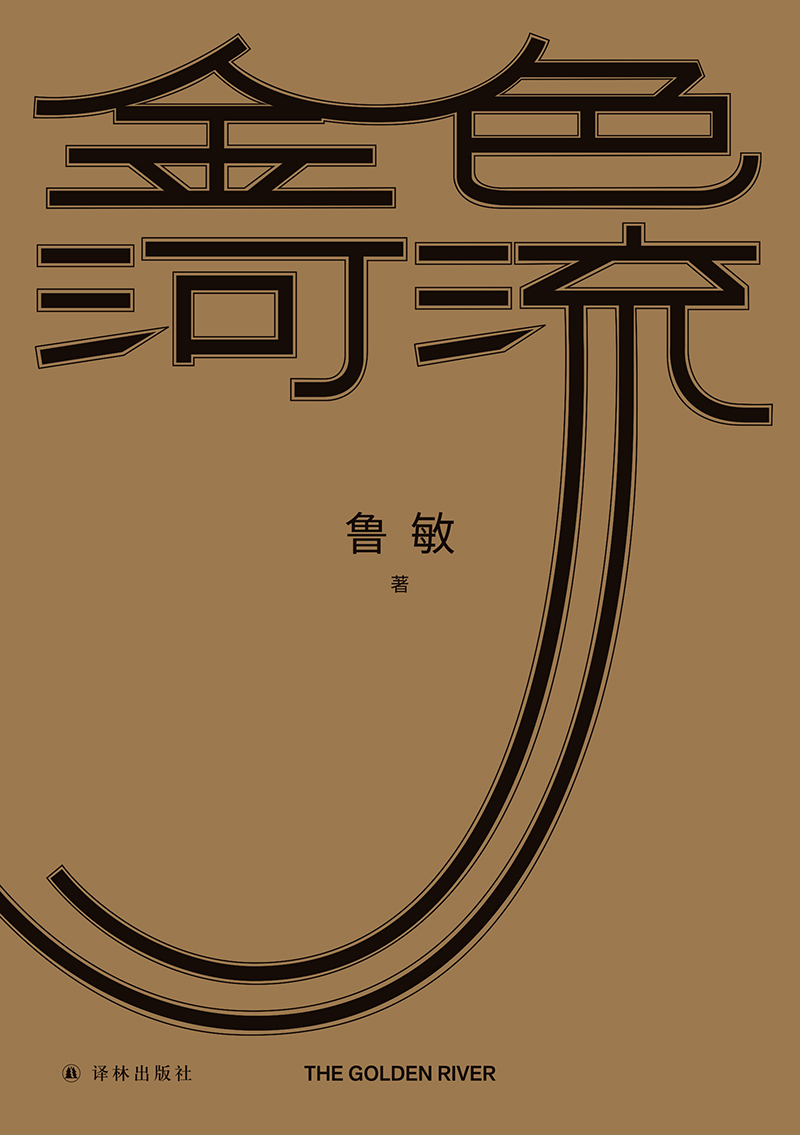
Introduction: "The Golden River" is Lu Min's latest realist novel. With a length of 400,000 words, and with the help of the vicissitudes of two generations of a family, she detailed the establishment of special zones since China's reform and opening up, the emergence of private enterprises, the restructuring of state-owned enterprises, going to sea for business, the establishment of the Shenzhen Stock Exchange, family planning policies, pairing education, Kunqu Opera revival and other key times of the era. The words tell a story about moral emotions, material creation and the multi-frequency resonance of the times. From the magnificent material creation and relay transmission, it reflects the oriental concept of wealth and the intergenerational spiritual history from tradition to openness and modernity.
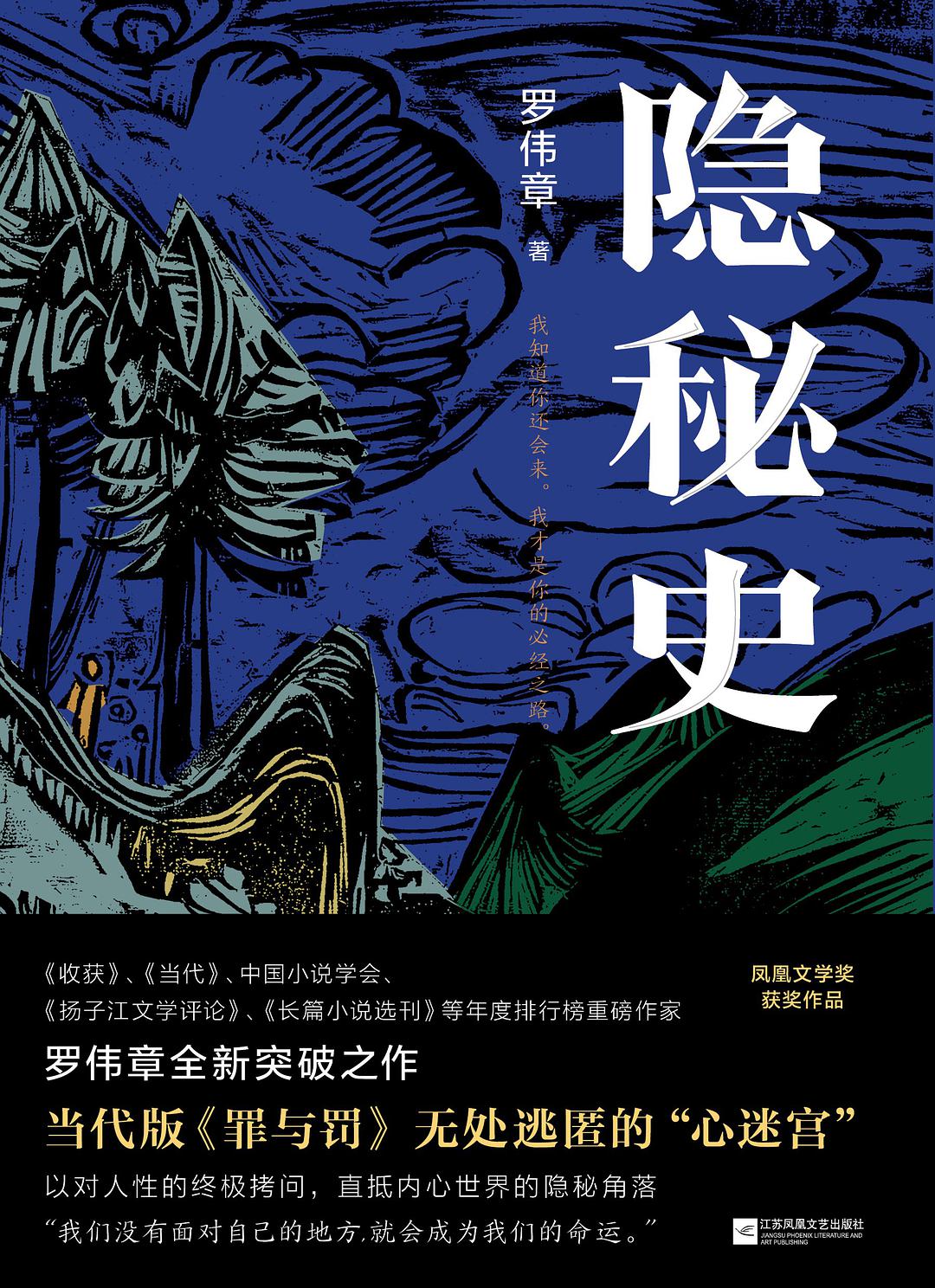
Introduction: After "The History of Sound" and "The History of Silence", Luo Weizhang wrote the last of the "Three Histories" - the novel "The Hidden History". This is a suspenseful story about psychological pain. The reader will walk into the entrance of the cave with the protagonist of the novel, Gui Pingchang, and find a complete white bone, which is then implicated in a murder case in the village.
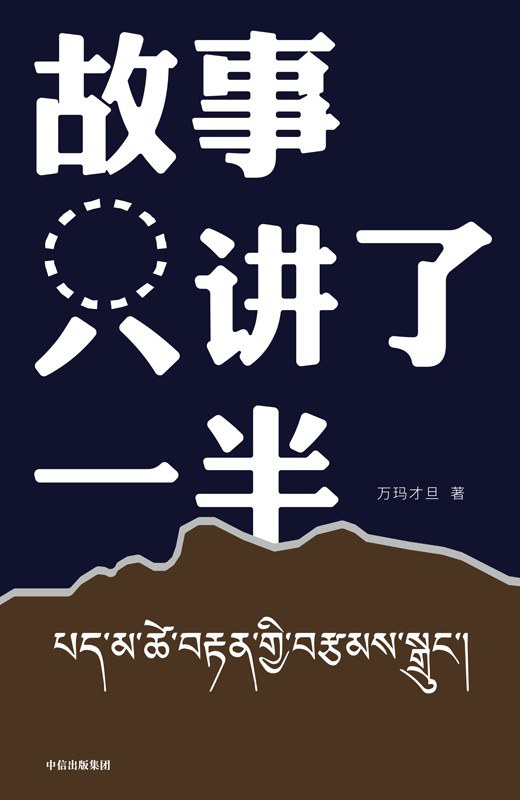
Introduction: The collection of novels "The Story Is Only Told Half" contains ten short stories written by novelist and director Wanma Caidan in recent years, showing the life of ordinary Tibetan people: a village old man full of folk stories, certified as a living Buddha The reincarnated youngest son, the parents of the newborn who exhausted their energy for breastfeeding, the poet who committed arson and murder... Ten novels are ten stories, and ten stories about stories. With his concise, pure and powerful brushstrokes, Wanma Caidan leads readers to explore the truth of the story.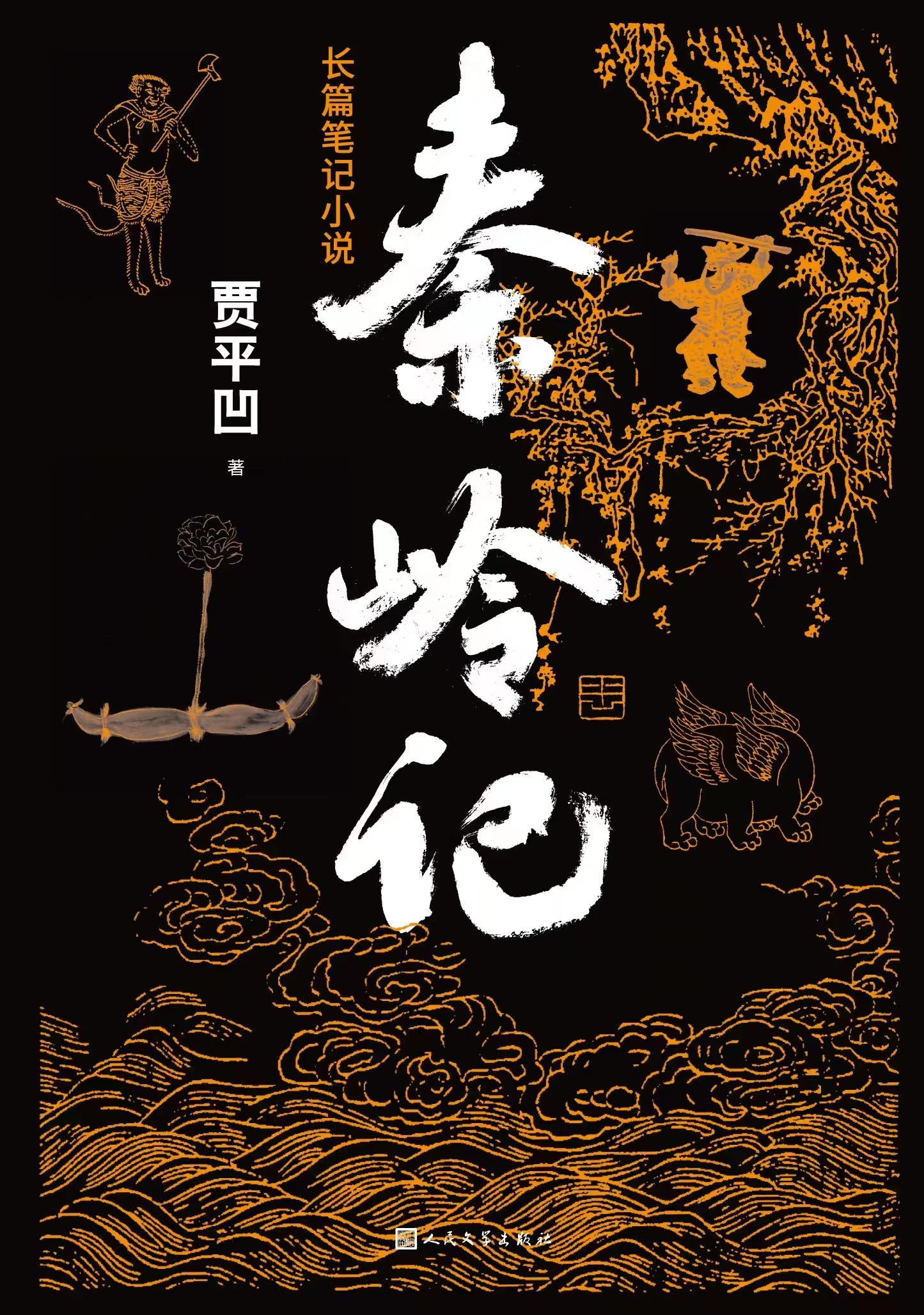
Introduction: The Story of Qinling Mountains is Jia Pingwa's 19th novel and his first work named after "Qinling Mountains". The whole book is divided into three parts: the first part is the main body "Qinling Ji"; the second part is "Qinling Ji External Editing 1", which is a "Taibai Mountain Ji" written in 1990; the third part is "Qinling Ji Foreign Editing" Two", which includes seven old works by Jia Pingwa created around 2000. In the opinion of Shi Zhanjun, editor-in-chief of People's Literature magazine, notebook novels have existed since ancient times. Lu Xun once classified this kind of genre with more complex content and more free writing style into two types: "Zhiren" and "Zhiwei". Qin Ling Ji has both. The writing seems to be recorded from the actual interview, and the ability tends to be bizarre.
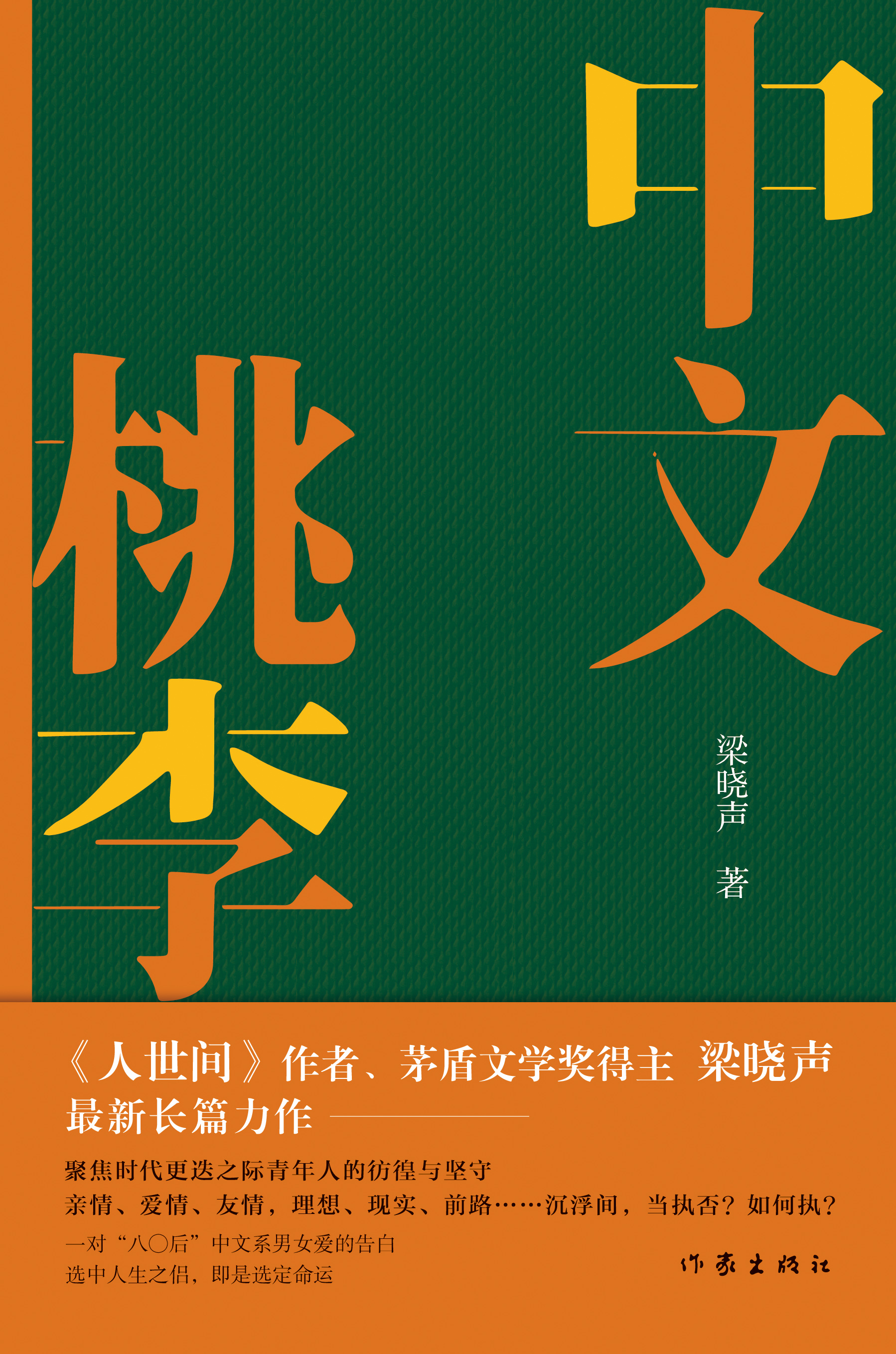
Introduction: This is a new realistic novel by Liang Xiaosheng after the explosion of "The World" at the beginning of the year. This time, he set his sights on the group of "post-80s" college students. Based on what he saw and heard in contact with students in the process of teaching in the university, he talked about the ideals and struggles of this group of young people, and also confided in their Depressed and confused, explore the path of self-growth and career achievement.
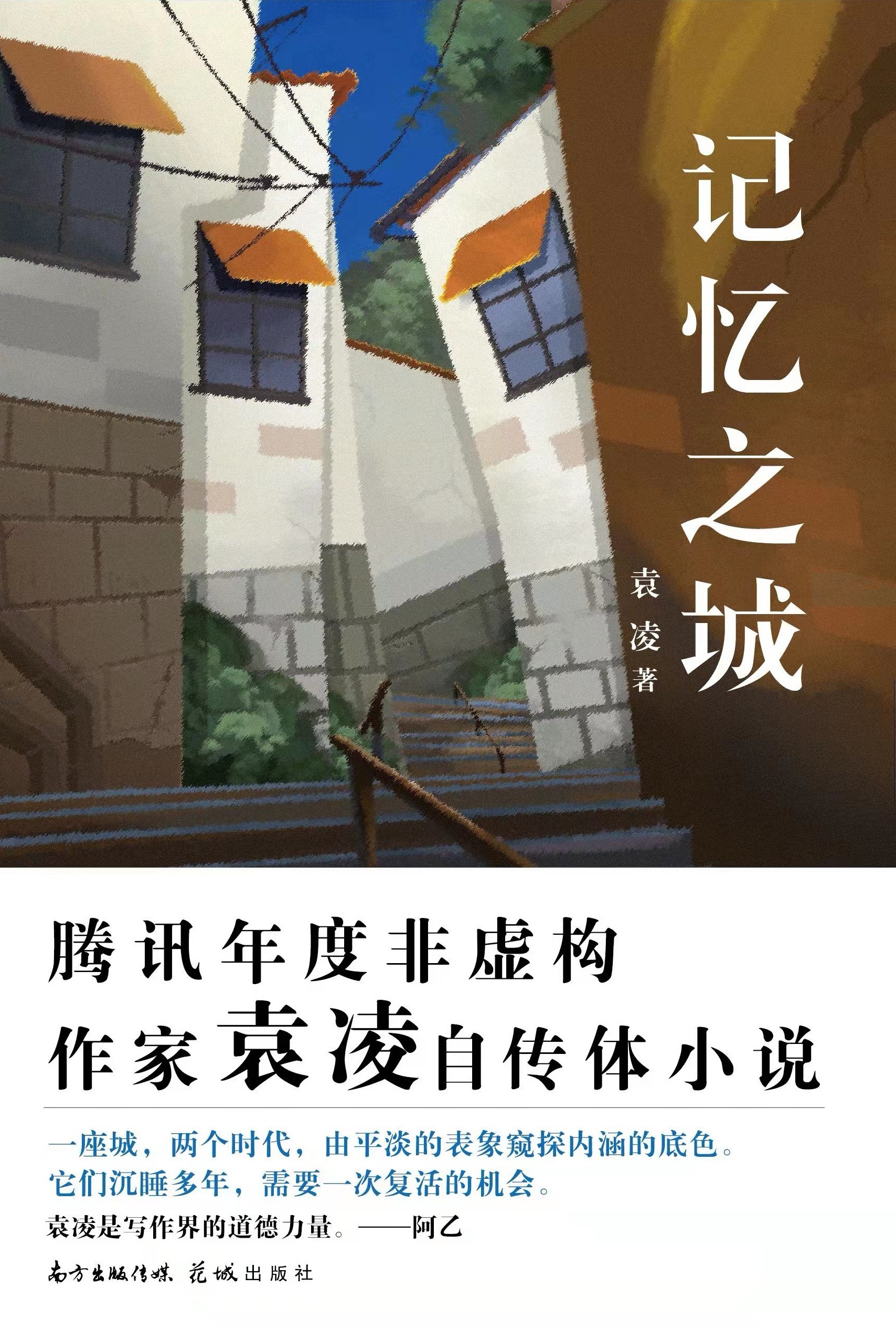
Introduction: "City of Memory" is Yuan Ling's first novel, which tells the story of the protagonist who came to "Fish City" after graduating from college for several years. It uses the way of reminiscence and whispers to tell the bitter experience of the middle and lower classes in the big city. The cascading mountain scenery and the rebuilt city are inseparable from the group of people who silently struggle for it. "Wild writer" Yuan Ling, with his keen perspective and jumping style of writing, paints a detailed and real "fish city" for himself and his readers.
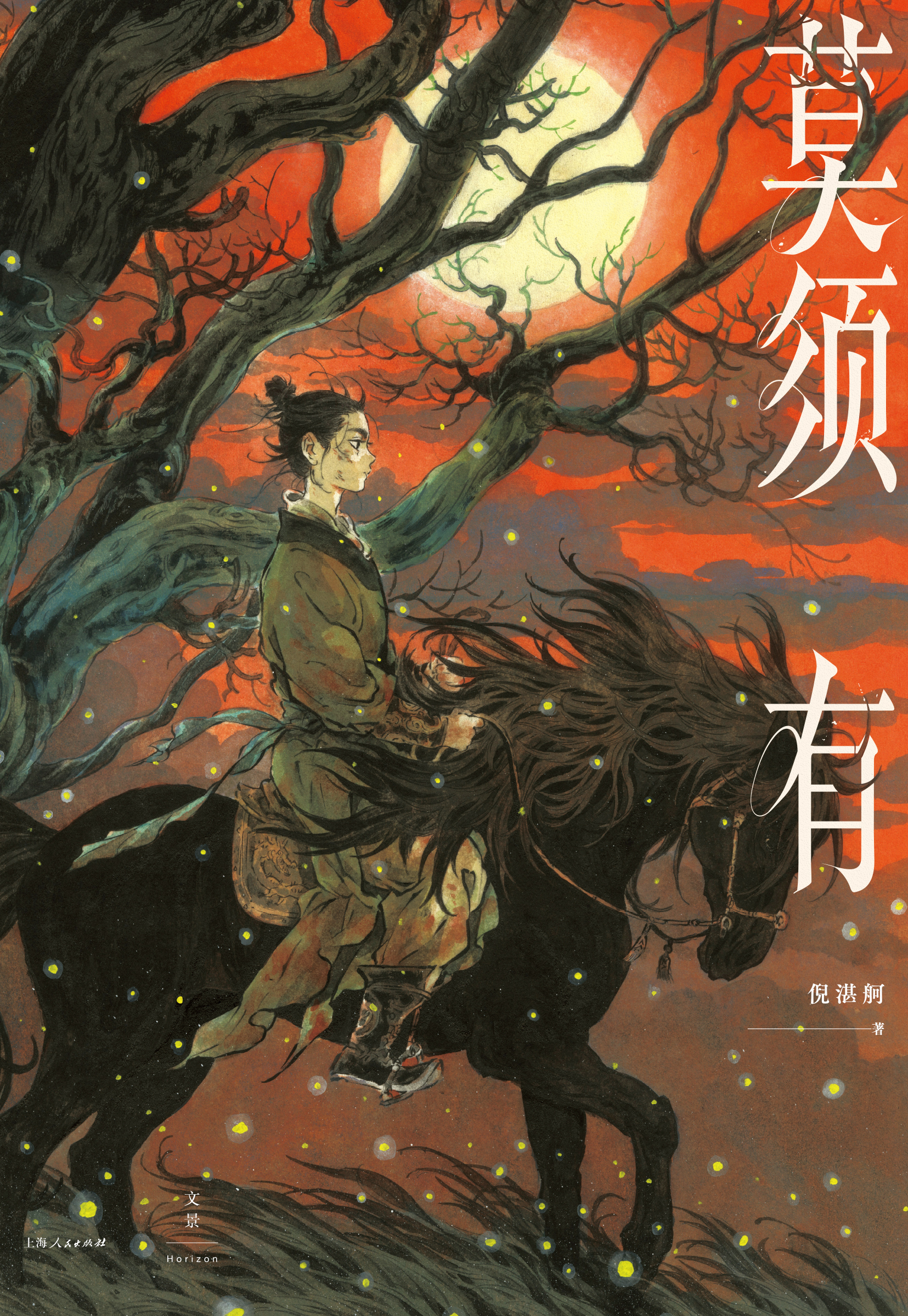
Introduction: Focusing on the unjustified cases of the Southern Song Dynasty, "Unnecessary" gathers six novels from the first-person perspectives of Yue Yun, Zhao Gou, Qin Hui, and Yue Lei to enter the same period of history. Ni Zhange turns historical materials into clear and sensible narratives, and reproduces the subtle psychology of different characters within the established historical framework. The central character of this series of novels is Yue Yun, the son of Yue Fei who died at the age of twenty-three. In the eyes of the youth, the masked tragic hero revived as a human being in the world, and the ants destined to be crushed had the most precious fetters.
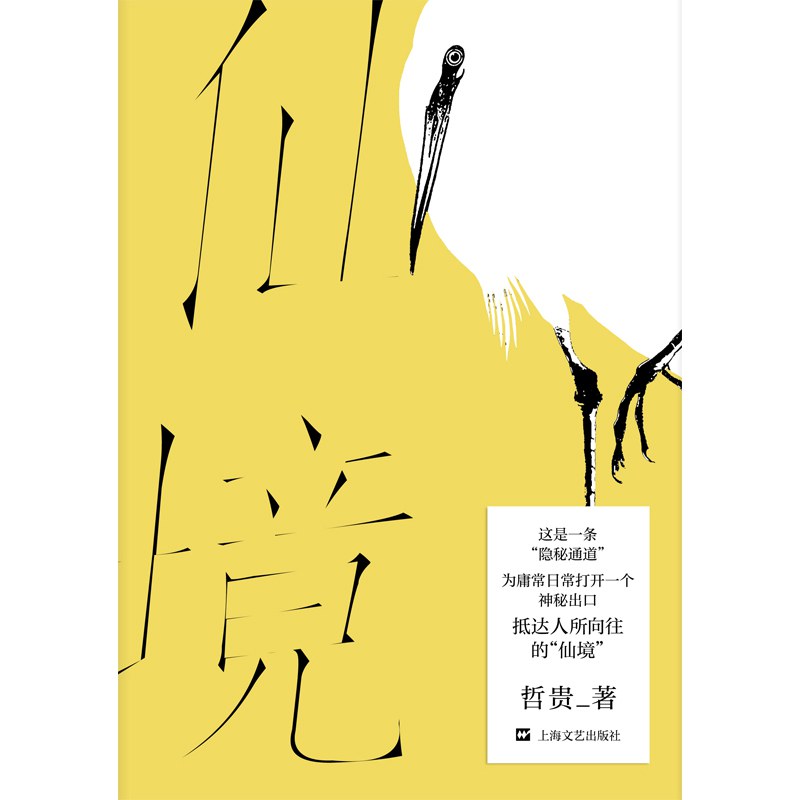
Introduction: In the novel "Wonderland", Zhegui continues to tell the story of "Xinhe Street". Singers, making Peking Opera helmets, making woodcarvings, fishing, painting, making wine, practicing medicine, selling books, working as fashion designers... No matter what professional status people are, they are all A shining seed in the era. "Wonderland" is both a landscape and a character history. Starting from this book, Zhegui's understanding of the novel has also been adjusted: the characters are placed in the first place. It is for this reason that the characters in "Wonderland" are different from the characters in his past novels, and are more free and willful.
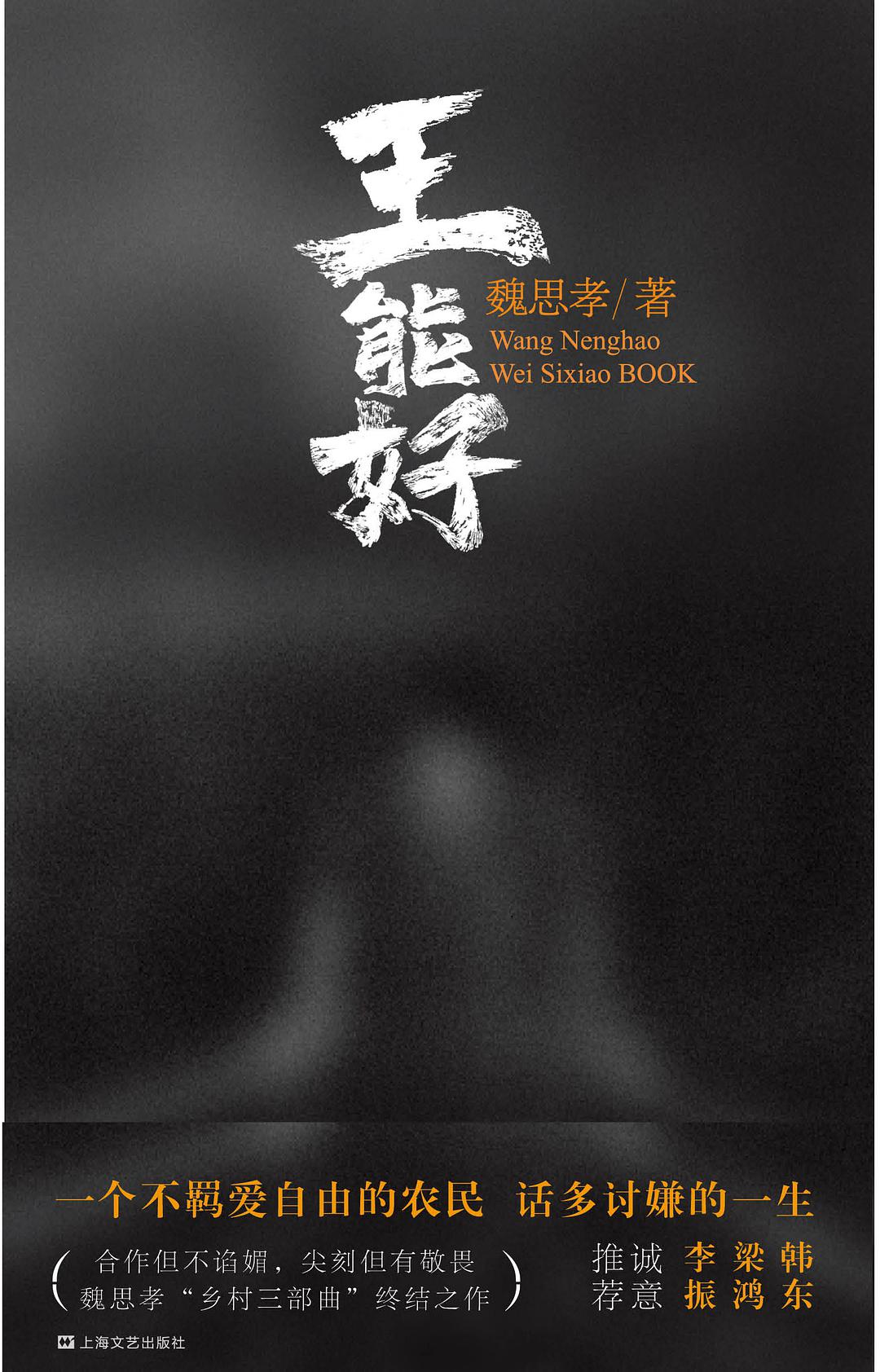
Introduction: This is the final work of Wei Sixiao's "Country Trilogy", a young writer. Taking a farmer's runaway, return and accidental death as clues, we weave a Ukiyo-e of contemporary rural life. The novel tells the seven-day life of Wang Nenghao, a "marginal man" in his hometown. These seven days are the last turbulence, the last vitality, and the last yearning for a better world in the rest of his life. Wei Sixiao saw rural China, the love and desire, the difficulties and difficulties of ordinary farmers, and the fate they were unable to escape.
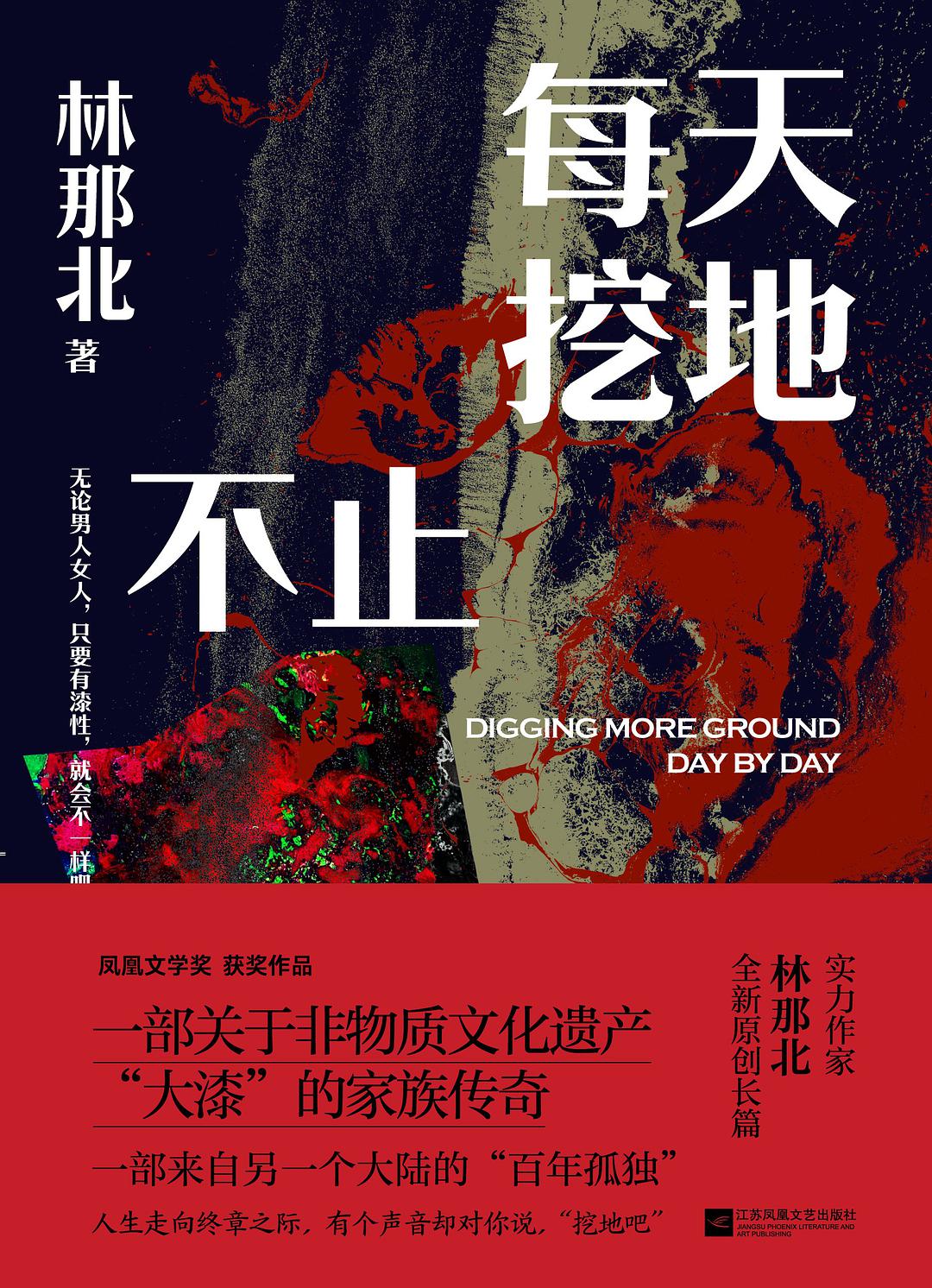
Introduction: The novel "More than digging the ground every day" uses the intangible cultural heritage "big lacquer" as the carrier, telling the story of a strange family in the coastal area of Fujian. It starts from an illusory wealth in the mouth of the protagonist Zhao Dingli, and creates a real spiritual event, thereby expanding and stirring life's small pain points unexpectedly, closely intertwined with ancient history, the depth of human nature and the noisy contemporary cultural landscape.
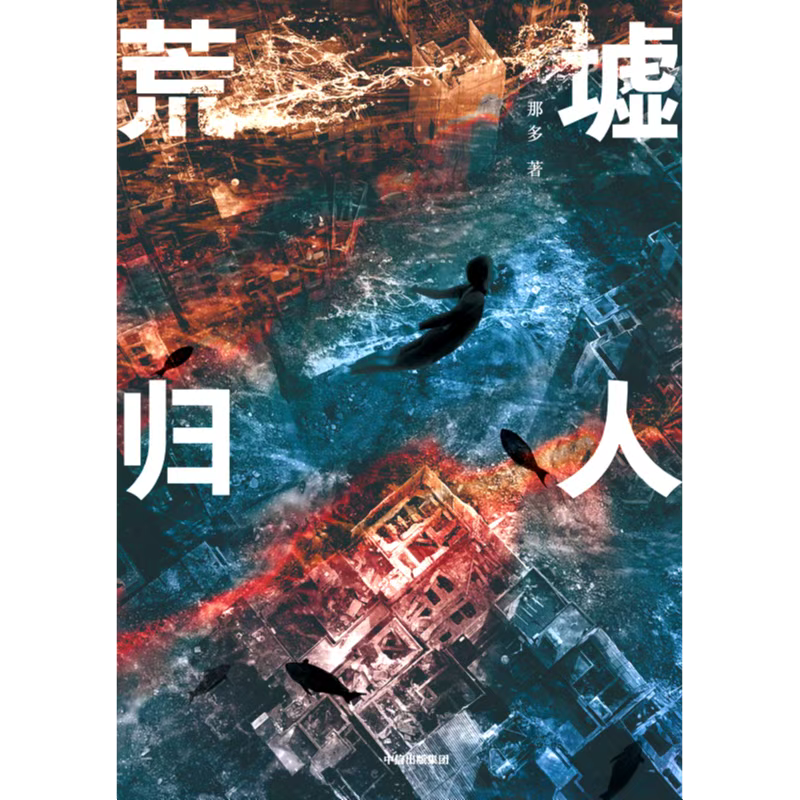
Content introduction: This is the latest work of the "Nado Notes" series. Because of the topic of a ruin, the reporter Naduo entered the underwater city submerged by the Three Gorges to explore, but encountered some strange things. From the underwater sound of Hongyin, to the sudden smiling old lady, the boatman who turned back three times, and the soul-shaking underwater wonder, a "non-existent person" appeared in the memories of Nato and fellow boatmen. And following the memory of this trance and dream, Naduo actually found this "non-existent person"...

Sun Ganlu's "A Thousand Miles of Rivers and Mountains"
Introduction: The novel "A Thousand Miles of Rivers and Mountains" is the breakthrough work of the novelist Sun Ganlu, and it has attracted great attention since the pre-sale started in early May. Many writers and scholars have given high evaluations, believing that this new work is a work that elevates the contemporary theme narrative to a new literary height. The novel takes the city life of the 1930s as the background, and tells a thrilling story of light and dark: On the fifteenth day of the twelfth lunar month in 1933, a secret meeting of a temporary action team was suddenly rushed, and half of the participants were arrested. A man named Chen Qianli was ordered to continue the implementation of the top-secret intelligence plan, and launched a pre-publicized diversion battle under the watchful eyes of the public.

"All About Farewells" by Lu Nei
Introduction: "Everything About Farewell" is a typical "road novel" and a novel about "love" under the changing times. The timeline of the story extends from 1985 to 2019, and tells the story of a father and son's love that ends with farewell in different eras. The protagonist of the novel, Li Bai, is an out-of-date writer who has had more than a dozen relationships. His mother eloped with someone when he was ten years old and didn't know where he was going. His father, Li Zhongcheng, was a former deputy director of an agricultural machinery factory, a hero in fighting fires, and a future Alzheimer's patient. The story begins with the reunion of Li Bai and his first love in 2018, and the reunion is like a car accident on a one-way street, making the past "rear-end one after another".

Ai Wei "In the Mirror"
Introduction: "In the Mirror" is Ai Wei's latest novel. It tells the story of an architectural designer with high international reputation who rethinks the meaning of life and seeks his own redemption after experiencing the life changes of his wife and children. The background of the novel travels through the four countries of China, Myanmar, the United States and Japan, weaving a mysterious web of love and hatred and many doubts. journey of.

Shi Yifeng "Across the Ocean to Send You"
Introduction: "Crossing the Ocean to Send You" is Shi Yifeng's latest novel, and it is also the first time he writes about Beijingers in Hutongs, and about Hutong life in the sense of traditional Beijing-style literature. The novel tells the story of three families "holding the wrong urn". One was from Beijing Hutong, and the deceased grandfather was an authentic old Beijing; one was in the upper class, and the deceased old lady was an old revolutionary, but her son who could make money went to the United States with his grandson; Hu, an overseas laborer, hopes to one day return to his hometown. The grandson Nadou, surnamed grandpa, had a deep relationship with grandpa. He wanted to exchange his grandfather's urn no matter what, so he went across the ocean to the United States. After all kinds of experiences, he heard the stories behind the other two urns. And finally let the deceased return to where they were going.

Lumin "Golden River"
Introduction: "The Golden River" is Lu Min's latest realist novel. With a length of 400,000 words, and with the help of the vicissitudes of two generations of a family, she detailed the establishment of special zones since China's reform and opening up, the emergence of private enterprises, the restructuring of state-owned enterprises, going to sea for business, the establishment of the Shenzhen Stock Exchange, family planning policies, pairing education, Kunqu Opera revival and other key times of the era. The words tell a story about moral emotions, material creation and the multi-frequency resonance of the times. From the magnificent material creation and relay transmission, it reflects the oriental concept of wealth and the intergenerational spiritual history from tradition to openness and modernity.

Luo Weizhang "The Hidden History"
Introduction: After "The History of Sound" and "The History of Silence", Luo Weizhang wrote the last of the "Three Histories" - the novel "The Hidden History". This is a suspenseful story about psychological pain. The reader will walk into the entrance of the cave with the protagonist of the novel, Gui Pingchang, and find a complete white bone, which is then implicated in a murder case in the village.

Wanma Caidan "The story is only half told"
Introduction: The collection of novels "The Story Is Only Told Half" contains ten short stories written by novelist and director Wanma Caidan in recent years, showing the life of ordinary Tibetan people: a village old man full of folk stories, certified as a living Buddha The reincarnated youngest son, the parents of the newborn who exhausted their energy for breastfeeding, the poet who committed arson and murder... Ten novels are ten stories, and ten stories about stories. With his concise, pure and powerful brushstrokes, Wanma Caidan leads readers to explore the truth of the story.

Jia Pingwa's "The Story of Qinling Mountains"
Introduction: The Story of Qinling Mountains is Jia Pingwa's 19th novel and his first work named after "Qinling Mountains". The whole book is divided into three parts: the first part is the main body "Qinling Ji"; the second part is "Qinling Ji External Editing 1", which is a "Taibai Mountain Ji" written in 1990; the third part is "Qinling Ji Foreign Editing" Two", which includes seven old works by Jia Pingwa created around 2000. In the opinion of Shi Zhanjun, editor-in-chief of People's Literature magazine, notebook novels have existed since ancient times. Lu Xun once classified this kind of genre with more complex content and more free writing style into two types: "Zhiren" and "Zhiwei". Qin Ling Ji has both. The writing seems to be recorded from the actual interview, and the ability tends to be bizarre.

Liang Xiaosheng "Chinese Peach and Plum"
Introduction: This is a new realistic novel by Liang Xiaosheng after the explosion of "The World" at the beginning of the year. This time, he set his sights on the group of "post-80s" college students. Based on what he saw and heard in contact with students in the process of teaching in the university, he talked about the ideals and struggles of this group of young people, and also confided in their Depressed and confused, explore the path of self-growth and career achievement.

Yuan Ling's "City of Memory"
Introduction: "City of Memory" is Yuan Ling's first novel, which tells the story of the protagonist who came to "Fish City" after graduating from college for several years. It uses the way of reminiscence and whispers to tell the bitter experience of the middle and lower classes in the big city. The cascading mountain scenery and the rebuilt city are inseparable from the group of people who silently struggle for it. "Wild writer" Yuan Ling, with his keen perspective and jumping style of writing, paints a detailed and real "fish city" for himself and his readers.

Ni Zhange "Nothing to Be Done"
Introduction: Focusing on the unjustified cases of the Southern Song Dynasty, "Unnecessary" gathers six novels from the first-person perspectives of Yue Yun, Zhao Gou, Qin Hui, and Yue Lei to enter the same period of history. Ni Zhange turns historical materials into clear and sensible narratives, and reproduces the subtle psychology of different characters within the established historical framework. The central character of this series of novels is Yue Yun, the son of Yue Fei who died at the age of twenty-three. In the eyes of the youth, the masked tragic hero revived as a human being in the world, and the ants destined to be crushed had the most precious fetters.

Zhegui "Wonderland"
Introduction: In the novel "Wonderland", Zhegui continues to tell the story of "Xinhe Street". Singers, making Peking Opera helmets, making woodcarvings, fishing, painting, making wine, practicing medicine, selling books, working as fashion designers... No matter what professional status people are, they are all A shining seed in the era. "Wonderland" is both a landscape and a character history. Starting from this book, Zhegui's understanding of the novel has also been adjusted: the characters are placed in the first place. It is for this reason that the characters in "Wonderland" are different from the characters in his past novels, and are more free and willful.

Wei Sixiao "Wang Nenghao"
Introduction: This is the final work of Wei Sixiao's "Country Trilogy", a young writer. Taking a farmer's runaway, return and accidental death as clues, we weave a Ukiyo-e of contemporary rural life. The novel tells the seven-day life of Wang Nenghao, a "marginal man" in his hometown. These seven days are the last turbulence, the last vitality, and the last yearning for a better world in the rest of his life. Wei Sixiao saw rural China, the love and desire, the difficulties and difficulties of ordinary farmers, and the fate they were unable to escape.

Lin Nabei "Dig the Ground Every Day"
Introduction: The novel "More than digging the ground every day" uses the intangible cultural heritage "big lacquer" as the carrier, telling the story of a strange family in the coastal area of Fujian. It starts from an illusory wealth in the mouth of the protagonist Zhao Dingli, and creates a real spiritual event, thereby expanding and stirring life's small pain points unexpectedly, closely intertwined with ancient history, the depth of human nature and the noisy contemporary cultural landscape.

Nato "Returning to the Ruins"
Content introduction: This is the latest work of the "Nado Notes" series. Because of the topic of a ruin, the reporter Naduo entered the underwater city submerged by the Three Gorges to explore, but encountered some strange things. From the underwater sound of Hongyin, to the sudden smiling old lady, the boatman who turned back three times, and the soul-shaking underwater wonder, a "non-existent person" appeared in the memories of Nato and fellow boatmen. And following the memory of this trance and dream, Naduo actually found this "non-existent person"...
Related Posts